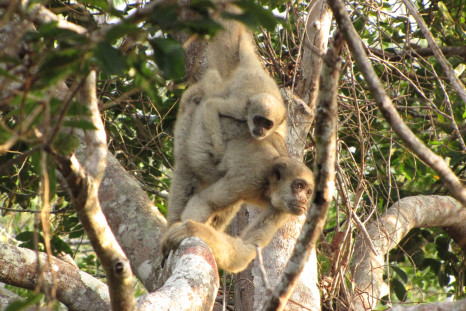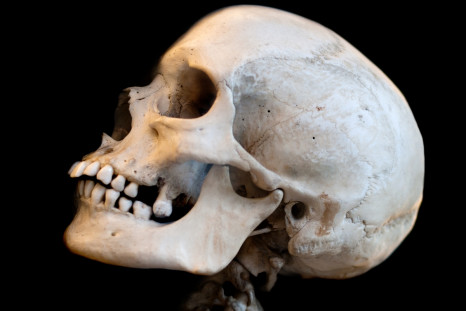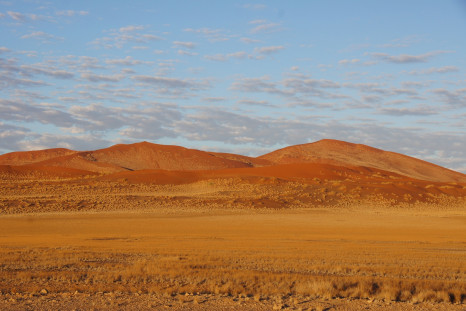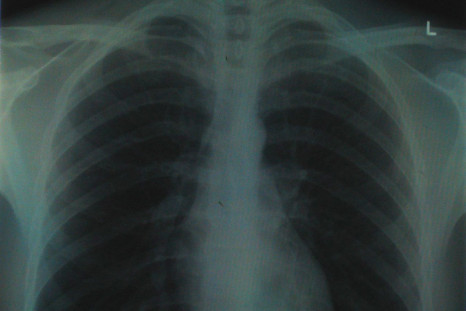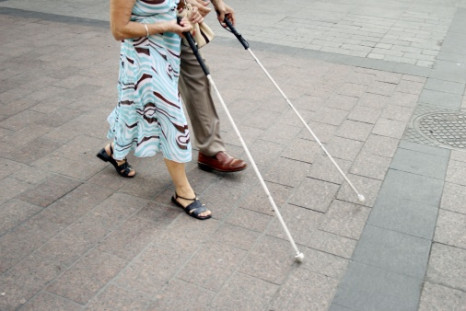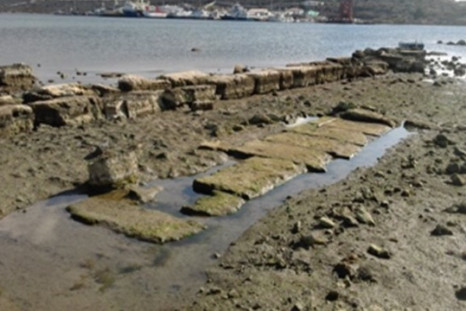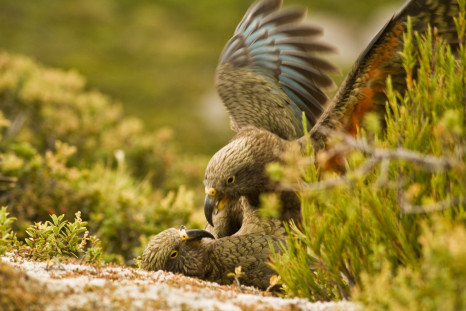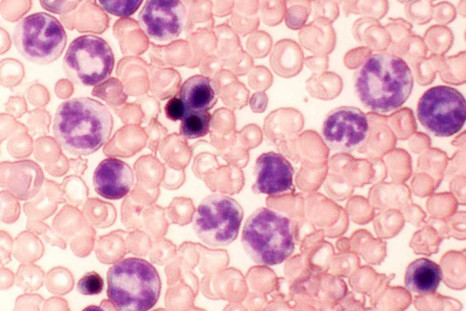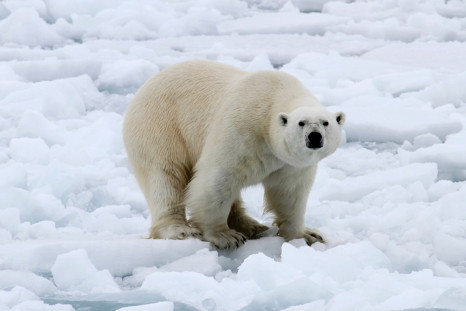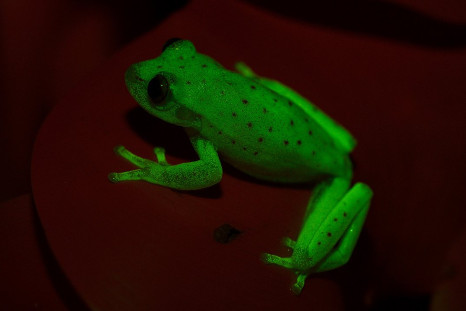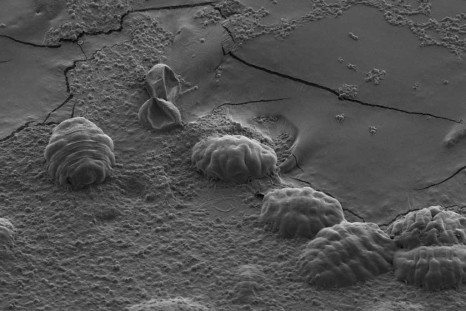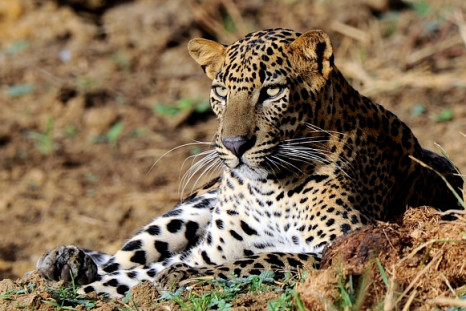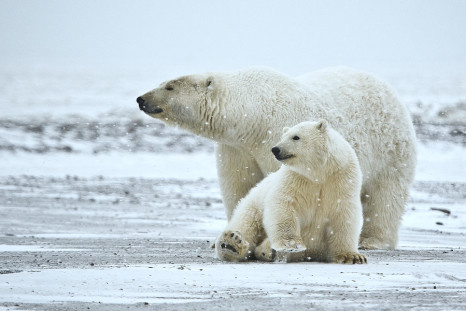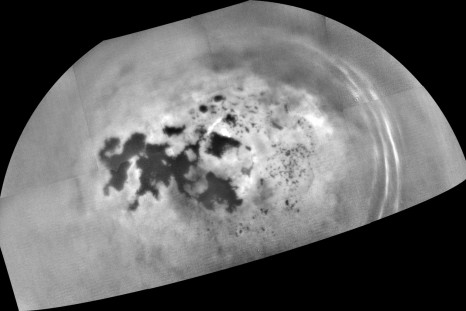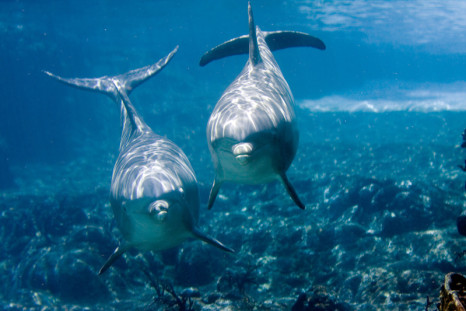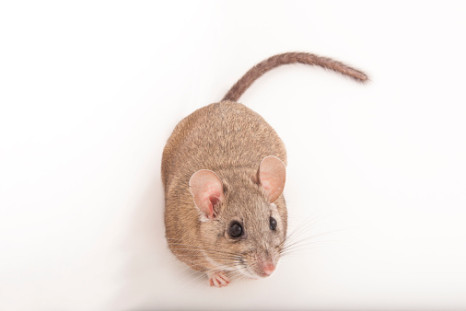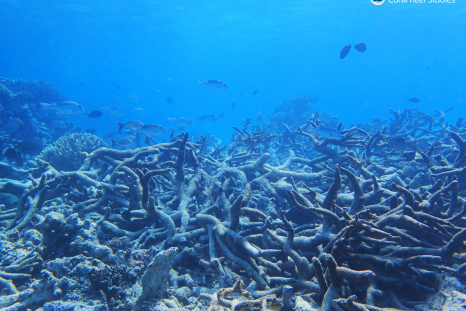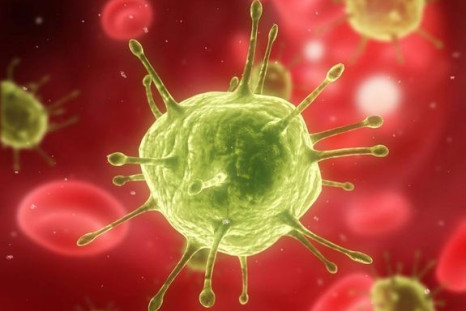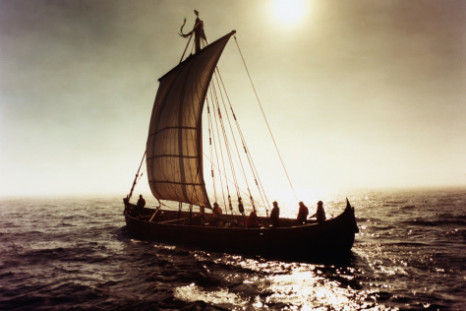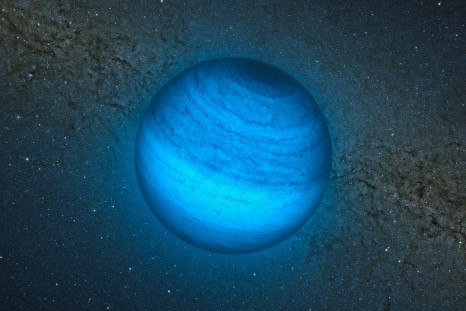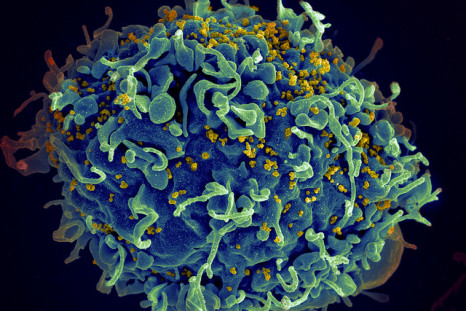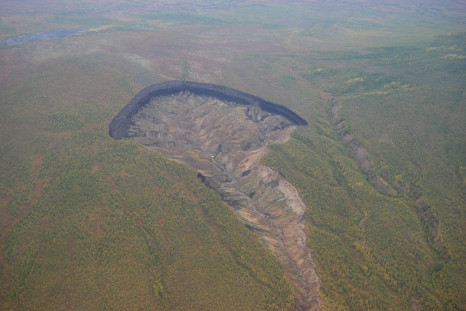More From Léa Surugue
Thousands of monkeys decimated by yellow fever in Brazil's forests
It is unclear yet what impact the deaths will have on monkeys' social organisations in the forest.
Mar 23, 2017
Butchered human bones point to cannibalism in Mesolithic Spain 10,000 years ago
Humans may have eaten each other in southern Spain, during the Mesolithic era.
Mar 23, 2017
Water buried deep below Earth's surface creates life-sustaining fog in the Namib Desert
Fog and dew provide water to arid ecosystems and could be crucial to understand how climate change will affect deserts.
Mar 22, 2017
Our lungs play a previously unknown role in making blood
The lungs produce half the platelets circulating in the blood of mice.
Mar 22, 2017
How the brains of blind people are rewired to boost their other senses
MRI scans have identified multiple changes to the brain of blind participants.
Mar 22, 2017
How the Huns influenced Romans at the frontiers of the Empire 1,500 years ago
Roman settlers nay have borrowed subsistence strategies from nomadic groups.
Mar 22, 2017
Sex 'afterglow' lasts for two days after intercourse and extends the honeymoon period
When sexual satisfaction lingers, our relationships are strengthened.
Mar 21, 2017
Ancient Greece: 2,500-year-old sunken port central to the Battle of Salamis emerges
The battle of Salamis is the first large naval battle recorded in history.
Mar 21, 2017
New Zealand parrots break out into contagious laughter when they play together
Kea parrots produce a 'play call' which leads other parrots to become playful.
Mar 20, 2017
Leukaemia's Achilles heel - Targeting two proteins helps kill resistant cancer cells
Two signalling proteins that help cancer cells resist chemotherapy could be targeted by treatments.
Mar 20, 2017
Earth Hour 2017: When is it, why do we celebrate and what time should lights be switched off?
The global grassroots initiative celebrates its 10th anniversary this year.
Mar 20, 2017
Skull of monster 'king' polar bear discovered in remote Alaska
The skull belongs to a bear that would have lived around 1,300 years ago.
Mar 17, 2017
Testosterone therapy for women: Everything you need to know
Testosterone therapy has shown positive results in trials to help women with sexual dysfunction.
Mar 17, 2017
World's first fluorescent frog glows bright green in the dark
The chemical origins of fluorescence are molecules known as hyloins.
Mar 17, 2017
How tardigrades - or 'water bears' - dry out to survive the world's most extreme environments
Specific proteins could be responsible for tardigrades' impressive resilience.
Mar 16, 2017
Ancient leopards roamed the lowlands of Northern Italy 180,000 years ago
A tibia belonging to one of these felines was recovered in river deposits.
Mar 16, 2017
Polar bears are threatened by global warming - should subsistence harvest be allowed to continue?
It may be possible to maintain polar bear harvest in the Arctic without causing more harm to polar bears.
Mar 16, 2017
Nitrogen bubbles on Saturn's moon Titan help solve mystery of 'magic islands'
Nasa experiments have shown how bubbles may form in cold liquid methane on the surface of Titan.
Mar 16, 2017
Swimming too fast from danger exposes dolphins to another threat - being stranded on a beach
Scientists have compared the costs of different swimming styles to dolphins and whales.
Mar 15, 2017
Will climate change make us shrink? Global warming turns mammals into dwarfs
During past warming events, some mammals have considerably decreased in size.
Mar 15, 2017
Protecting coral reefs locally makes little difference against global warming
Global action is urgently needed to save coral reefs.
Mar 15, 2017
Intriguing biomarker identifies hidden HIV reservoirs to kill them
The findings suggest a potential cure might one day be on the horizon.
Mar 15, 2017
Gene linked to ageing makes people's brains look 12 years older
More research will now be needed to study if variant makes people more susceptible to Alzheimer's.
Mar 15, 2017
Wealthy Viking woman buried in Denmark was in fact Norwegian-born
Strontium isotope analysis has revealed where the woman was born and where she was raised.
Mar 14, 2017
Egypt's Nile Delta threatened by looming crisis of water and food shortages
Over the past 200 years, flow conditions of the Nile have dramatically been altered.
Mar 14, 2017
Mysterious celestial object could be an elusive brown dwarf or a free-floating planet
The object is not part of the AB Doradus moving group, as previous hypothesised.
Mar 14, 2017
Marriage between cousins and inbreeding are not bad for everyone
In some cultures, marriages between cousins are frequent and benefit the bride and groom's parents.
Mar 13, 2017
Two potent antibodies help monkeys fight HIV - in the long run
The findings highlight the importance of immunotherapy right after an infection to control the virus.
Mar 13, 2017
Is HIV hiding in your brain? MRI scans can identify virus from changes to white matter
People with HIV may suffer from cognitive problems directly tied to presence of virus in the brain.
Mar 13, 2017
'Doorway to the underworld' crater in remote Siberia tells story of ancient climates
Team hopes ancient sediments revealed by expanding craters can teach us about what region's ecosystem looked like.
Mar 11, 2017
Pages
- PREV
- 7
- 8
- 9
- 10
- 11
- 12
- 13
- 14
- 15
- NEXT



